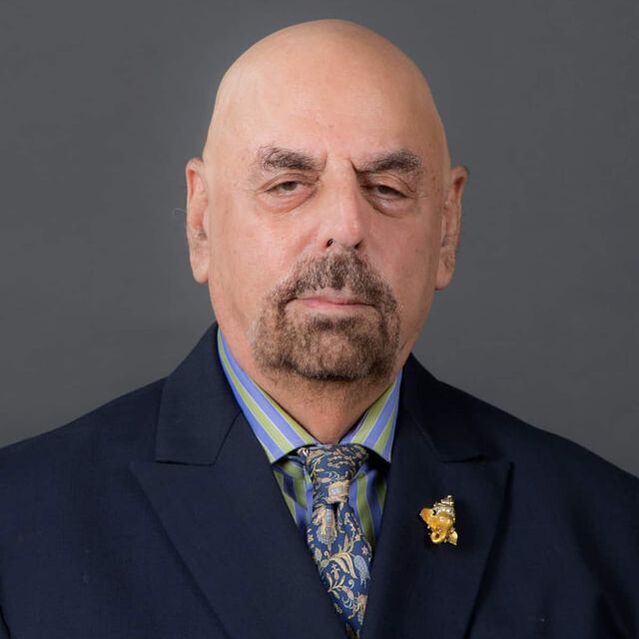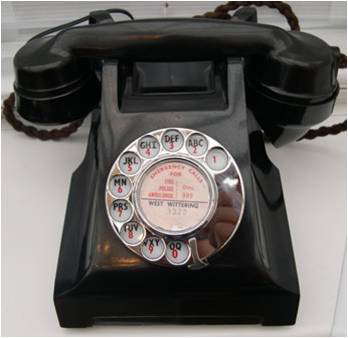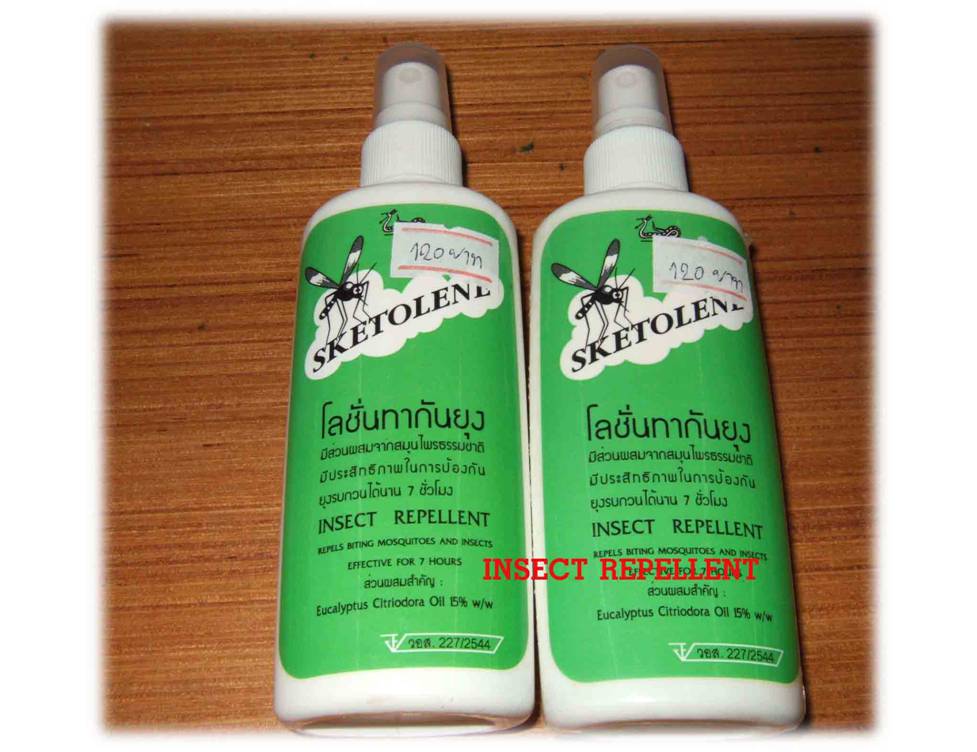Bangkok's Infrastructure
Don’t forget that this is the Land of Mai Pen Rai, a concept, we used to say, which is similar to the Spanish Manana, but without conveying the same sense of urgency.
We put up with certain difficulties which were more inconveniences than deprivations. Potable water pumping stations and electricity-generating plants were bombed by the Allies during the war. Thus, running water from the tap for more than a couple of hours a day was a luxury. All drinking water had to be boiled.
Since the water pressure was always low, water pumps were necessary to get water to the second floor of your house and above. So, when the water flowed, you filled up bathtubs, ongs, water tanks, buckets and whatever containers were available, not knowing when the water would flow again.
Electricity supply was inconsistent with frequent brown-outs and blackouts rotating through various parts of the city. Every house and office had ‘step-up’ transformers to boost the voltage of whatever inconsistent electricity trickled in. Sometimes it would go off at untimely moments.
In the summer of 1955, I was incapacitated by appendicitis and was taken to the Bangkok Adventist Hospital for an operation. Just as I was being wheeled to the operating theater, the lights went out. So, instead of using an elevator, I swung myself off the gurney, walked down two flights of stairs, marched into the operating room and literally climbed up onto the operating table. An emergency generator in the hospital supplied lighting for the surgeons to do their bit. However, the anesthetist couldn’t see too well for the spinal he was giving me and I ended up with 25+ years of periodically debilitating headaches.
The telephone system was archaic even for that era. Old black Bakelite rotary phones, heavy as could be, little was automated. Phone lines, with only five-digit numbers, took many months to get and often were out of service. One of the reasons for the appalling situation was no competition for the government monopoly, TOT. About 28,000 subscribers and for every 10 phone lines there were 11-12 paying customers, and they were not party lines. This meant that someone’s phone was always out of order, unless you paid the repairman a stipend to keep you on line.
To make an overseas call, that could only be done from booths at the General Post Office on New Road or the then new Erawan Hotel (which opened in 1956). Both required advance booking of several hours to several days. Teletype was still very new and not really available commercially. Fax machines were about 20 years off in the future.
So businesses used cable addresses for international radio-telegrams inbound from overseas and outbound. Ours was LYMAN, BANGKOK. Since charges for outgoing messages were by the letter or word, messages were short and cryptic, sometimes using commercial codes which provided combinations of a few letters to equal whole phrases or template sentences. Foreign airmail took 4-12 days to get to addresses in Europe and the US; sea mail (surface mail) took 1-3 months. Domestic mail and telegraph were quite efficient.
Don’t forget that this is the Land of Mai Pen Rai, a concept, we used to say, which is similar to the Spanish Manana, but without conveying the same sense of urgency.
We put up with certain difficulties which were more inconveniences than deprivations. Potable water pumping stations and electricity-generating plants were bombed by the Allies during the war. Thus, running water from the tap for more than a couple of hours a day was a luxury. All drinking water had to be boiled.
Since the water pressure was always low, water pumps were necessary to get water to the second floor of your house and above. So, when the water flowed, you filled up bathtubs, ongs, water tanks, buckets and whatever containers were available, not knowing when the water would flow again.
Electricity supply was inconsistent with frequent brown-outs and blackouts rotating through various parts of the city. Every house and office had ‘step-up’ transformers to boost the voltage of whatever inconsistent electricity trickled in. Sometimes it would go off at untimely moments.
In the summer of 1955, I was incapacitated by appendicitis and was taken to the Bangkok Adventist Hospital for an operation. Just as I was being wheeled to the operating theater, the lights went out. So, instead of using an elevator, I swung myself off the gurney, walked down two flights of stairs, marched into the operating room and literally climbed up onto the operating table. An emergency generator in the hospital supplied lighting for the surgeons to do their bit. However, the anesthetist couldn’t see too well for the spinal he was giving me and I ended up with 25+ years of periodically debilitating headaches.
The telephone system was archaic even for that era. Old black Bakelite rotary phones, heavy as could be, little was automated. Phone lines, with only five-digit numbers, took many months to get and often were out of service. One of the reasons for the appalling situation was no competition for the government monopoly, TOT. About 28,000 subscribers and for every 10 phone lines there were 11-12 paying customers, and they were not party lines. This meant that someone’s phone was always out of order, unless you paid the repairman a stipend to keep you on line.
To make an overseas call, that could only be done from booths at the General Post Office on New Road or the then new Erawan Hotel (which opened in 1956). Both required advance booking of several hours to several days. Teletype was still very new and not really available commercially. Fax machines were about 20 years off in the future.
So businesses used cable addresses for international radio-telegrams inbound from overseas and outbound. Ours was LYMAN, BANGKOK. Since charges for outgoing messages were by the letter or word, messages were short and cryptic, sometimes using commercial codes which provided combinations of a few letters to equal whole phrases or template sentences. Foreign airmail took 4-12 days to get to addresses in Europe and the US; sea mail (surface mail) took 1-3 months. Domestic mail and telegraph were quite efficient.
|
"The telephone system was archaic even for that era. Phone lines, with only five-digit numbers, took many months to get and often were out of service. One of the reasons for the appalling situation was no competition for the government monopoly." Public health was always an issue. The US sponsored a major malaria eradication campaign throughout the nation which was a significant, though not a total, success. Our homes became screened, when we could find screening, to keep out mosquitoes, flies, wasps, bees and other airborne creatures. And in absence thereof, we slept under mosquito nets.
A bottle of ‘Sketolene’, made by the British Dispensary, was a life saver – you splashed it all over yourself to keep the mosquitoes at bay, for about six hours. A side effect was that it took the varnish off of any furniture it touched. We all sported sore arms having had our annual or semiannual injections against cholera, scrub typhus, typhoid and paratyphoid, tetanus, Japanese B and every three years against smallpox. |
"I was being wheeled to the hospital’s operating theater, the lights went out. So, instead of using an elevator, I swung myself off the gurney, walked down two flights of stairs, marched into the operating room and literally climbed up onto the operating table."
Such inoculations were available at the Snake Farm of the Thai Red Cross on Rama IV Road and at the Immigration Division of the Police Department. Every newcomer suffered from ‘Bangkok Belly’ within one or two weeks of their arrival. Some foul-tasting Chinese medicine cleared it right up giving your plumbing time to adjust to the tropical enzymes being ingested. Hospitals for foreigners were the Bangkok Nursing Home, Bangkok Adventist Hospital and Bangkok Christian Hospital, plus Siriraj and Chulalongkorn. In Chiang Mai, there was the McCormick Hospital.
Oh yes, Thailand is home to many very poisonous snakes. Cobras, kraits and vipers, of varying degrees of lethality, were often found in gardens, along with pythons, so one had to be careful where you walked and you always carried a flashlight walking anywhere at night. Fortunately, antivenom was readily available at hospitals and clinics, if you could identify the snake which bit you. Surrrrrrrrre!
The Bangkok Post and the Bangkok World were the English language newspapers of the day. Both were good papers with wide international as well as local coverage. At one time, my mother was the Society Editor of the Bangkok World. To get around the censors, The Post had a column called ‘The Postman Says’ and the Bangkok World had another column which were both political satire. The Bangkok World's was composed and reported by the office chinchook (gecko) (whose name escapes me) – the Thai equivalent of the fly on the wall.
I recall two reports, which could have been written just as well today – one was that a Thai MP had suggested that the Democracy Monument on Rajadamnern Avenue should be demolished as monuments were only erected for or to dead things. The chinchook commented – “Ask a stupid question and you get a stupid answer.”
The other report from the office chinchook had to do with the corruption in the government-owned Pork Monopoly which was headed by an honest man who resigned in disgust. “It wasn’t the long hours and the hard work,” he said, “which prompted my resignation – it was just the smell of the pigs.” Thailand’s one TV station, the first in Asia, opened in 1955. It broadcast only a few hours a day, but it was a start to the distractions of electronics.
Conclusion
So that’s the way I remember how life was in Bangkok in and around 1956. Others will tell the AmCham story and the tales of its founders and those who followed them. There is far more of this story to relate of the parallel developments of both the Kingdom of Thailand and AmCham Thailand. But that is for another time.
Each of Thailand and AmCham grew at accelerated paces never stopping to this day. A few hiccups were encountered along the way, but none ever upset or diverted the special relationship of friendship and spirit of cooperation between the U.S. and Thailand which we knew and from which we have all mutually benefited. Thank goodness.
Oh yes, Thailand is home to many very poisonous snakes. Cobras, kraits and vipers, of varying degrees of lethality, were often found in gardens, along with pythons, so one had to be careful where you walked and you always carried a flashlight walking anywhere at night. Fortunately, antivenom was readily available at hospitals and clinics, if you could identify the snake which bit you. Surrrrrrrrre!
The Bangkok Post and the Bangkok World were the English language newspapers of the day. Both were good papers with wide international as well as local coverage. At one time, my mother was the Society Editor of the Bangkok World. To get around the censors, The Post had a column called ‘The Postman Says’ and the Bangkok World had another column which were both political satire. The Bangkok World's was composed and reported by the office chinchook (gecko) (whose name escapes me) – the Thai equivalent of the fly on the wall.
I recall two reports, which could have been written just as well today – one was that a Thai MP had suggested that the Democracy Monument on Rajadamnern Avenue should be demolished as monuments were only erected for or to dead things. The chinchook commented – “Ask a stupid question and you get a stupid answer.”
The other report from the office chinchook had to do with the corruption in the government-owned Pork Monopoly which was headed by an honest man who resigned in disgust. “It wasn’t the long hours and the hard work,” he said, “which prompted my resignation – it was just the smell of the pigs.” Thailand’s one TV station, the first in Asia, opened in 1955. It broadcast only a few hours a day, but it was a start to the distractions of electronics.
Conclusion
So that’s the way I remember how life was in Bangkok in and around 1956. Others will tell the AmCham story and the tales of its founders and those who followed them. There is far more of this story to relate of the parallel developments of both the Kingdom of Thailand and AmCham Thailand. But that is for another time.
Each of Thailand and AmCham grew at accelerated paces never stopping to this day. A few hiccups were encountered along the way, but none ever upset or diverted the special relationship of friendship and spirit of cooperation between the U.S. and Thailand which we knew and from which we have all mutually benefited. Thank goodness.





 RSS Feed
RSS Feed
















